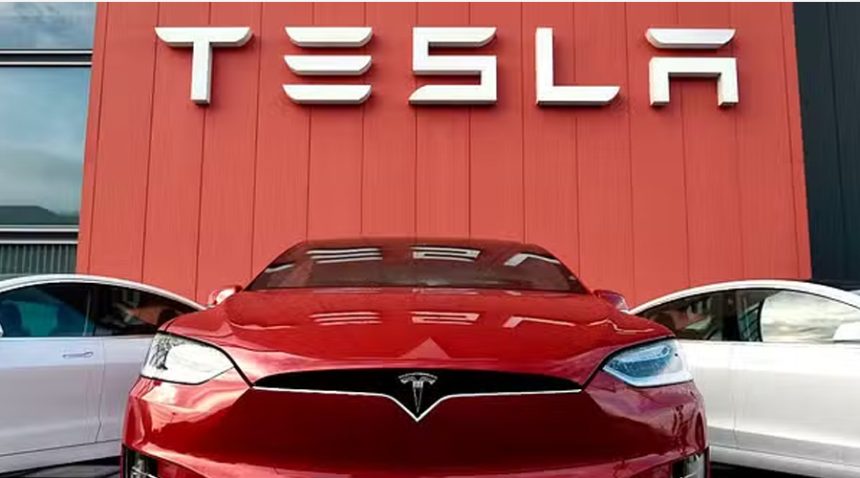Tesla is making BIG moves in India with new job openings in Mumbai & Delhi
Tesla Inc. initiated a significant hiring surge in India, signaling a renewed commitment to entering the world’s third-largest automotive market. This development follows a recent meeting between Tesla CEO Elon Musk and Indian Prime Minister Narendra Modi in Washington, where discussions encompassed space exploration, mobility, technology, and innovation. The strategic move to bolster its workforce in India indicates Tesla’s intent to establish a robust presence in the country, potentially reshaping the Indian automotive landscape.
Tesla’s Recruitment Drive in India
Tesla has posted 13 job openings in Mumbai and Delhi, covering roles in customer service, vehicle maintenance, sales, business operations, and marketing. Positions include Tesla Advisor, Service Technician, Store Manager, and Customer Support Specialist. This hiring initiative suggests plans to develop a comprehensive sales and service infrastructure, essential for delivering a seamless customer experience in a new market. The focus on major metropolitan areas like Mumbai and Delhi aligns with Tesla’s strategy to target urban centers with higher income demographics and existing EV infrastructure.
Strategic Implications for Tesla
Tesla’s renewed focus on India comes after years of deliberation and previous setbacks, primarily due to high import duties and regulatory challenges. India’s recent policy changes, including reducing import taxes on electric vehicles for companies committing to substantial local manufacturing investments, have created a more conducive environment for Tesla’s entry. By establishing a local presence, Tesla can mitigate the impact of import tariffs, making its vehicles more competitively priced in the Indian market. Additionally, local manufacturing aligns with the Indian government’s “Make in India” initiative, potentially offering Tesla further incentives.
Impact on the Indian Automotive Industry
Tesla’s entry into India is poised to have a transformative effect on the domestic automotive industry:
Market Dynamics: Tesla’s presence introduces a new level of competition, likely prompting Indian automakers to accelerate their EV development programs. Companies such as Tata Motors, Mahindra & Mahindra, and Maruti Suzuki may intensify efforts to enhance their EV offerings to maintain market share.
Supply Chain Development: Tesla’s operations could stimulate growth in the local supply chain for EV components, including batteries, electric drivetrains, and charging infrastructure. This development may attract global suppliers to establish operations in India, fostering technological advancements and job creation.
Consumer Adoption: Tesla’s brand recognition and technological prowess could boost consumer interest and confidence in electric vehicles, potentially accelerating EV adoption rates in India. Increased competition may also lead to more affordable EV options for consumers.
Policy and Infrastructure: Tesla’s investment may encourage the Indian government to further develop EV-friendly policies and infrastructure, such as expanding charging networks and offering incentives for EV buyers, to support the growing ecosystem.
Challenges and Considerations
While the prospects are promising, Tesla faces several challenges in the Indian market:
Price Sensitivity: The Indian automotive market is highly price-sensitive. Tesla will need to consider producing more affordable models or localizing production to reduce costs and meet consumer expectations.
Infrastructure Development: Establishing a reliable charging infrastructure is crucial for EV adoption. Tesla may need to invest in building Supercharger networks or collaborate with local partners to ensure adequate coverage.
Regulatory Environment: Navigating India’s complex regulatory landscape requires careful planning and compliance. Tesla must work closely with government authorities to align with local regulations and standards.
Tesla’s hiring surge in India marks a pivotal step in its global expansion strategy and signifies a potential shift in the Indian automotive industry towards increased electric vehicle adoption. By establishing a local presence, Tesla not only positions itself to tap into a burgeoning market but also contributes to the broader goals of sustainable transportation and economic development in India. The success of this venture will depend on Tesla’s ability to adapt to local market conditions, collaborate with stakeholders, and navigate the challenges inherent in entering a new and complex market.






